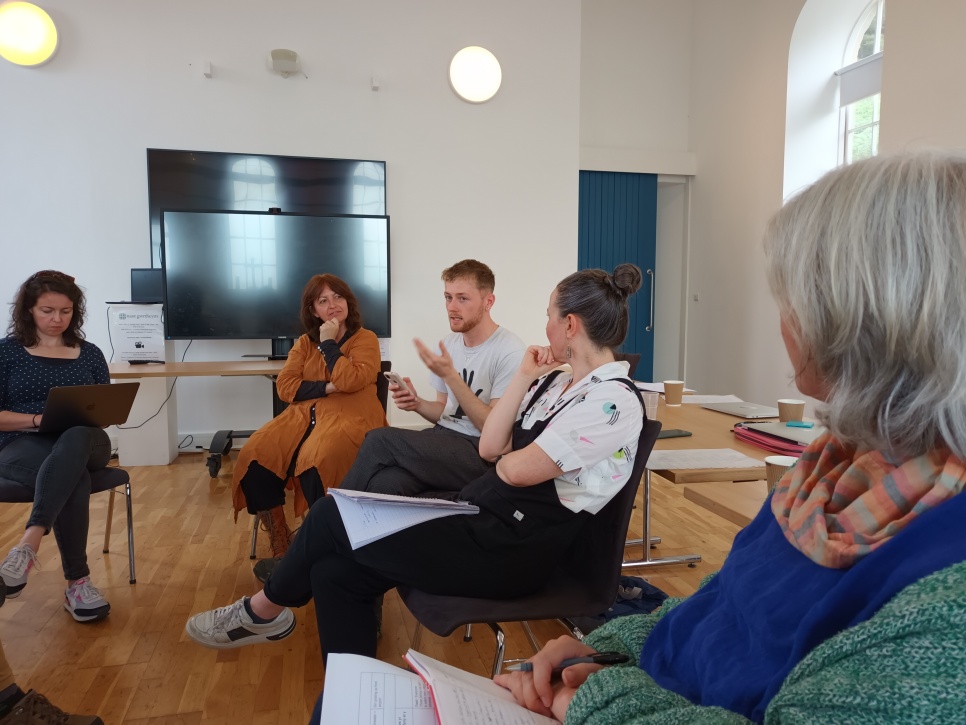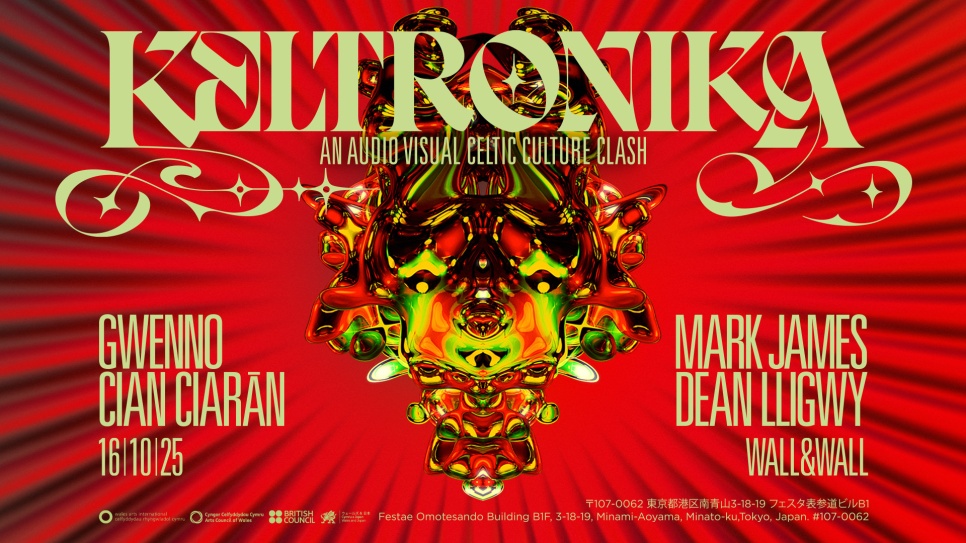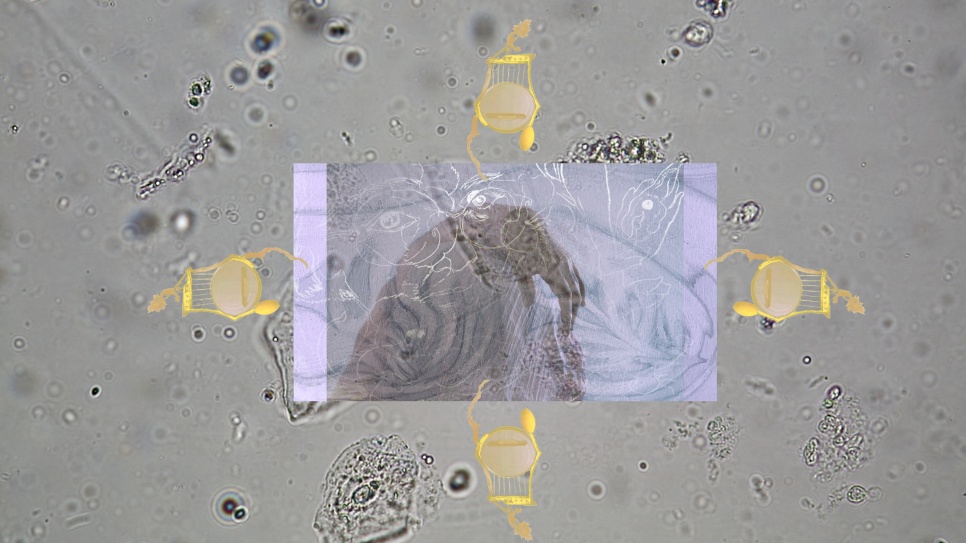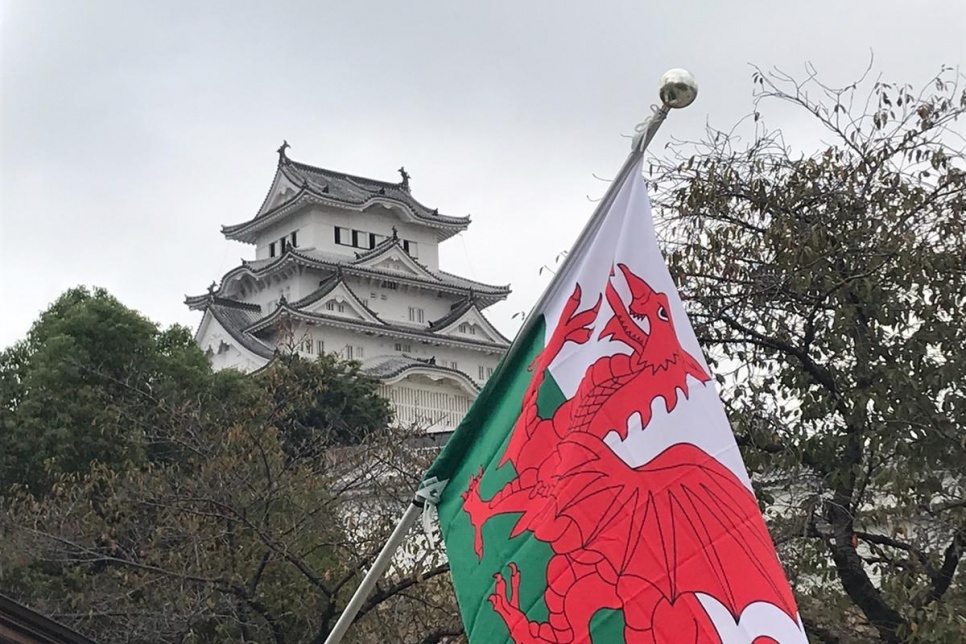The Gwrando programme was created as part of the United Nations Decade of Indigenous Languages and to allow artists to listen and learn from the many endangered Indigenous languages of the world. Here is Dylan Huw talking about their project and journey so far.
The Gwrando programme has supported my research into connections between queer artists working with the Irish and the Welsh languages. My conversations and desk research over the year have initiated a long-term curatorial project that considers queer vocabulary-making in and across linguistic-minority contexts as a creative strategy that rejects the essentialisms we are often pressured to embrace when creating from a "minority" perspective.
Which Indigenous language / community have you been listening to?
Queer artists working with the Irish and Welsh language.
Who have you been collaborating with?
I have held discussion with queer practitioners in Ireland - writers, curators, sculptors, painters, researchers, performers - who use the language in contemporary ways with self-awareness. I was lucky at the beginning of the research to join a delegation from Wales to Dublin for David's Day 2023, and to be introduced to the Irish queer collective AerachAiteachGaelach, which holds various activities and performances mostly in Dublin.
I had a very rich initial dialogue with some of the group members as well as the performer-choreographer Fearghus Ó Conchúir, who has spoken Irish throughout his life and spent time in Wales as director of the National Dance Company. The process of finding Irish queer artists to speak to took longer than expected, as everyone I spoke to had recommendations of people who would be interested in the research and ideas I am exploring.
What would you like to share about your journey?
In parallel with the initial development of this body of curatorial research with the support of the Gwrando programme, I have been trying to find ways to develop long-term structures for research and dialogue in my wider practice as a freelance writer-curator interested in recognising and centring my Welsh and queer point of view with everything I do (even - especially - when working outside of Wales and on work that does not involve language or sexuality in obvious ways). This extends far beyond this project, but spending this time slowly considering my feelings and beliefs about the ways in which the interweaving of 'minority' identities of different kinds can produce connections and collaborations that overcome normal boundaries have been revealing.
What are your aspirations for the United Nations decade of Indigenous Languages?
To consider the relationship of this body of work with wider questions about the ways in which artists in Wales are (or can) work with Indigenous language communities, and the role that artists, collections and arts organizations in Wales can play in the United Nations Decade of Indigenous Languages.
What is the one practical lesson you have learned that you want to share with other artists who would work with Indigenous languages?
Through the programme, I have learned to focus on the specificity of each individual's experience of the contexts (linguistic or otherwise) in which they operate, and not to take any point of view as a symbol or proxy of their whole culture.




